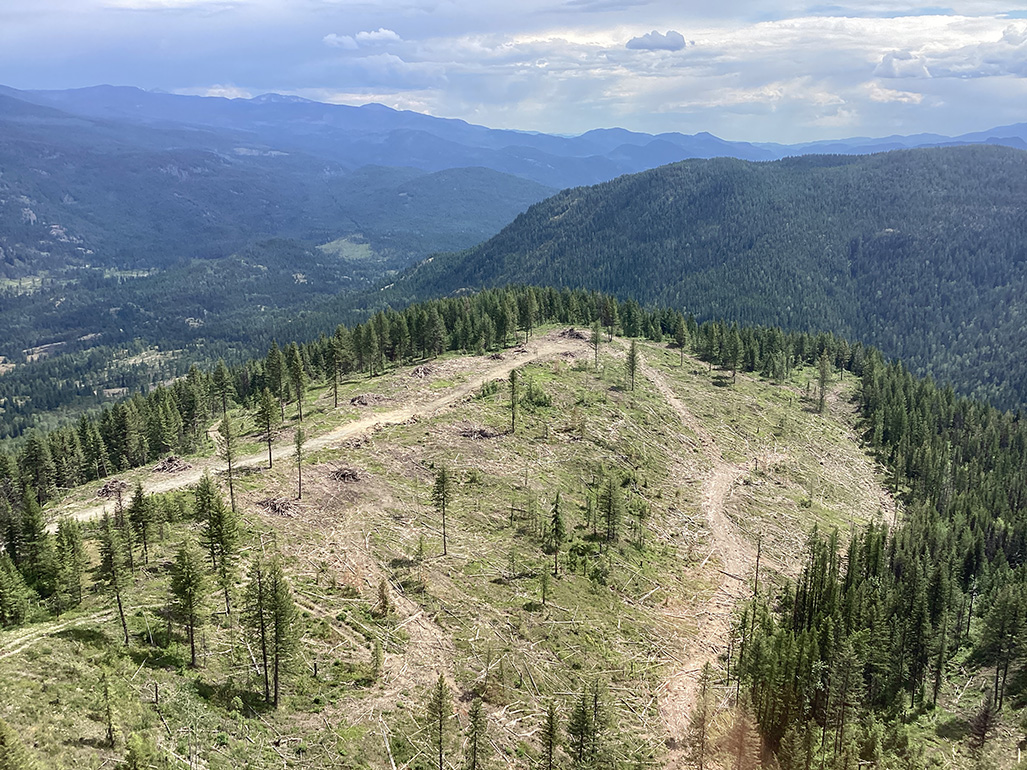
Investigation raises concerns about logging impacts on watersheds
VICTORIA - An investigation into a complaint about the amount of timber harvesting in the Kettle River Watershed and its potential impacts on water flows has highlighted a need to improve watershed oversight.
The Forest Practices Board assessed 169 large cutblocks harvested in the Selkirk and Okanagan Shuswap Natural Resource Districts between 2016 and 2021, and found licensees complied with legal requirements. However, investigators found 58% of large cutblocks harvested during this period were in watersheds that were later determined to be at-risk, and few watershed assessments were performed.
"Watershed assessments play a vital role in how we understand and manage the interactions between land use, hydrology and water quality of our freshwater resources," said Keith Atkinson, chair, Forest Practices Board. "But licensees are not legally required to consider watershed conditions when planning harvests in the Kettle River Watershed, except for when they operate in community watersheds."
The investigation found five of seven licensees did not conduct watershed assessments when planning their harvesting activities in at-risk watersheds during the five-year period. In addition, 55 large cutblocks harvested in at-risk watersheds focused on imitating natural disturbance patterns, allowing green timber to be harvested.
"If left standing, green timber can help protect watersheds from the impacts of timber harvesting. This is especially important if a watershed's health is already at risk," Atkinson said. Investigators also examined whether the Ministry of Forests monitored large cutblock harvesting in the watershed to ensure licensees met expectations.
"While the ministry did conduct assessments of harvesting activities in the watershed during the investigation period, the board found no systems in place for government to monitor the activities of licensees," Atkinson said. "There was also very little guidance from government on how to manage the cumulative effects of harvesting in the watershed."
Since the investigation period ended, the ministry and professional associations have developed initiatives that provide information and tools to address the cumulative effects of harvesting and other disturbances in the watershed.
"Looking forward, the board encourages ministry staff and licensees to use the current information and tools available to improve watershed management," Atkinson said.
The investigation began after the board received a complaint from a member of the public in March 2021. The complainant was concerned the scale of clear-cut harvesting in the watershed had exceeded acceptable levels, leading to changes in seasonal water flows and increasing the risk of floods.
The Forest Practices Board is B.C.'s independent watchdog for sound forest and range practices, reporting its findings and recommendations directly to the public and government. The board investigates public complaints about forest and range practices on public lands and the appropriateness of government enforcement. It can also make recommendations for improvement to practices and legislation.
Contact:
Tanner Senko
Communications Manager
Forest Practices Board
tanner.senko@bcfpb.ca
250 889-8211
1 800 994-5899
